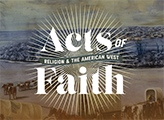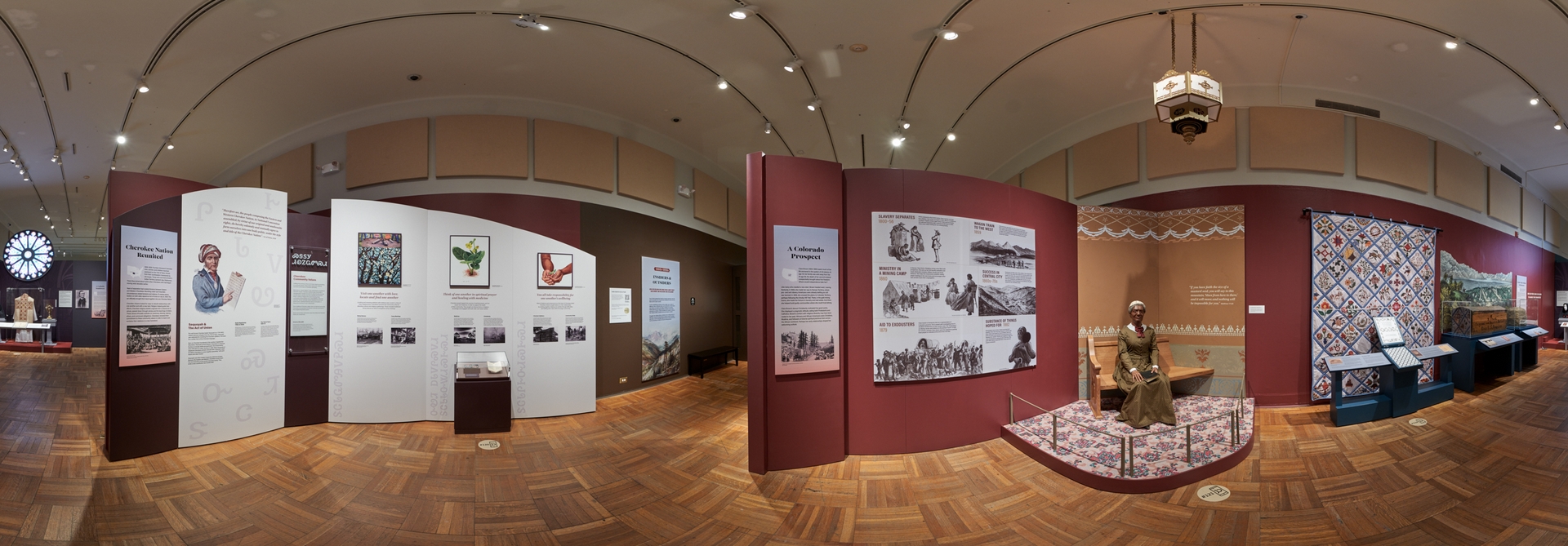




“Therefore we, the people
composing the Eastern and Western Cherokee Nation, in National Convention
assembled, by virtue of our original and unalienable rights, do hereby solemnly
and mutually agree to form ourselves into one body politic, under the style and
title of the Cherokee Nation.”
—Act
of Union, 1839
Cherokee Community Values (ᏍᎦᏚᎩᏗᎧᏃᏩᏛᏍᏗ)
Fulfilling the promises in
the Act of Union meant recommitting to community values. These values express
the relational worldview at the heart of Cherokee spirituality.
Behaving as a “good relative”
is the central theme of traditional Cherokee religion. Cherokee traditions
teach that all life is interdependent: humans are part of a web of kinship that
also includes plants, animals, and other animate and inanimate things. Leading
a religious life means honoring these connections and accepting one’s
responsibilities within this extended “family.” Cherokee beliefs emphasize that
all daily actions have a spiritual dimension and can strengthen or disrupt the
harmony in one’s relationships.
Since traditional Cherokee
religion does not demand exclusivity, Cherokees who practiced Christianity
could also participate in this longstanding belief system.
Stories about three community
values that influenced Cherokee history are shared here.
America Meredith
America Meredith (Cherokee
Nation) created these three paintings. Meredith is the publishing editor of First American Art Magazine and a
writer, art critic, visual artist, and independent curator. Based in Norman,
Oklahoma, she earned her MFA degree from the San Francisco Art Institute and
has taught Native art history at colleges and in community courses.
Visit one another with love, locate and find one
another
ᏕᏣᏓᏩᏛᎯᏙᎮᏍᏗ
Locating and renewing
relations with relatives was crucial in a time of mass displacement. Cherokees
honored this community value by attending cultural and religious gatherings.
These included traditional stomp dances as well as evangelical camp meetings.
Think of one another in spiritual prayer and healing
with medicine
ᏅᏬᏘᎠᏓᏙᎵᏍᏙᏗᏕᏣᏓᏓᏅᏔᏗᏍᎨᏍᏗ
Cherokee people tapped into
sources of spiritual power, such as prayer and medicine, in order to support
the health of their community. They sought out diverse forms of religious
knowledge and engaged with both older and newer beliefs.
You all take responsibility for another’s wellbeing
ᏕᏣᏓᎵᎨᏅᏗᏍᎨᏍᏗ
Ideas of balance and
reciprocity lie at the heart of Cherokee belief. Cherokee citizens sought
balance in their relationships by working together, helping one another through
difficulties, and fulfilling their roles within the larger community.